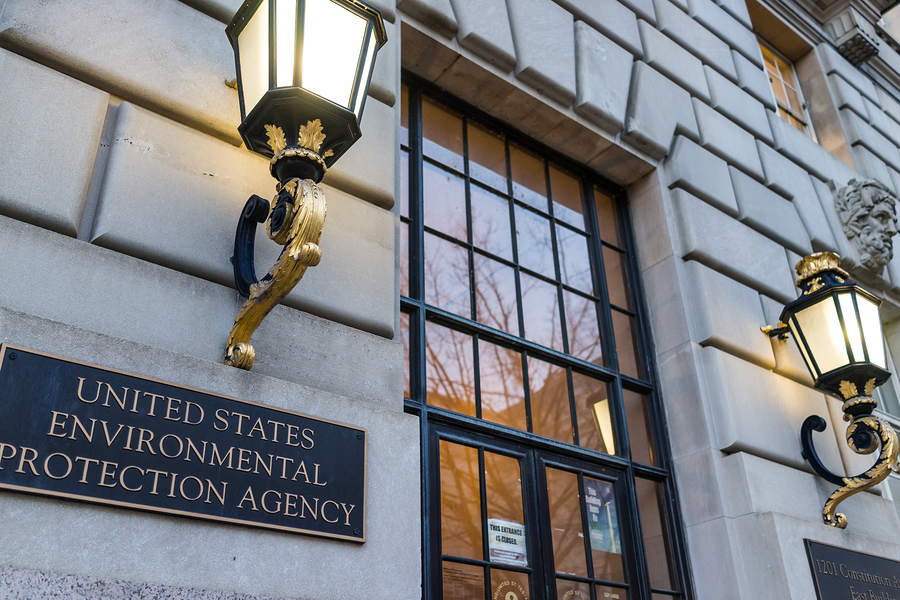Fuel Economy Mandate Met with Congressional Criticism
At what point do federal regulations become too expensive to justify? The Energy and Commerce Committee dug into this question during a joint Subcommittee hearing on Corporate Average Fuel Economy (CAFE) standards. Turns out, CAFE standards contribute significantly to the rising sticker prices for new cars and unjustifiably hurt Americans. CAFE standards should be repealed or rapidly sunset.
Promulgated in response to the energy crisis of the 1970’s, CAFE standards were initially designed to decrease energy consumption by mandating mileage per gallon standards for a given auto manufacturers fleet. Now the Obama administration is tightening the standard by mandating that America’s fleet of new cars and trucks get on average 54 miles per gallon by 2025. In July, the National Highway Traffic Safety Administration (NHTSA) and the Environmental Protection Agency (EPA) released their Draft Technical Assessment Report (TAR), opening a comment period for the midterm review of the standards.
The Energy and Commerce hearing highlighted a number of issues with how current CAFE standards affect drivers and the damage the increasing standards will have. The question of cost was addressed multiple times, and for good reason. A Heritage Foundation study found that new vehicles are more than $6,000 more expensive than they would be if auto price trends remained the same since 2008.
In his written testimony, the Alliance of Automobile Manufacturers President and CEO Mitch Bainwol notes that NHTSA and EPA must take into account the rising cost of vehicles, especially in the context of stagnant income.
Source: http://docs.house.gov/meetings/IF/IF17/20160922/105350/HHRG-114-IF17-Wstate-BainwolM-20160922.pdf
Further complicating things are incongruences between the NHTSA implementation of the standard and the EPA’s implementation. Several Representatives made specific note of this during the hearing. This inconsistency primarily manifests in the differences between the application of credit programs via the EPA and NHTSA. Both agencies offer credits for manufacturers who exceed fuel efficiency requirements for a given year. However, they are not implemented in the same manner, differing in terms of duration, applicability, and transferability. This leads to significant confusion and, ultimately, increased costs borne by manufacturers which are then passed onto consumers.
Representatives pressed the EPA and NHTSA to justify these regulations: what are they worth? As mentioned, CAFE standards originated as a way to reduce consumption of foreign oil during the energy crisis of the early 1970’s. However, the standards have since evolved to become a climate oriented regulatory action. The EPA claims CAFE standards are crucial for combating climate change. However, the EPA’s own analysis indicates otherwise. The administration explained that the 2017-2025 regulation would have next to zero climate impact. Per EPA, “the global mean temperature is projected to be reduced by approximately 0.0074–0.0176 °C by 2100, and sea-level rise is projected to be reduced by approximately 0.071–0.159 cm.” Any way you cut it, CAFE standards have no discernible climate impact in the real world and impose a hefty cost on consumers.
At the end of the day, CAFE standards are unnecessary. Auto manufacturers will make cars with higher fuel efficiency on their own volition because gas mileage is an important factor for consumers looking to purchase a new car. CAFE standards do nothing but drive up the cost of vehicles, forcing manufacturers to pass on costs to consumers. Congress should look to repeal or sunset CAFE standards as soon as possible.



